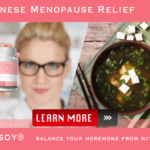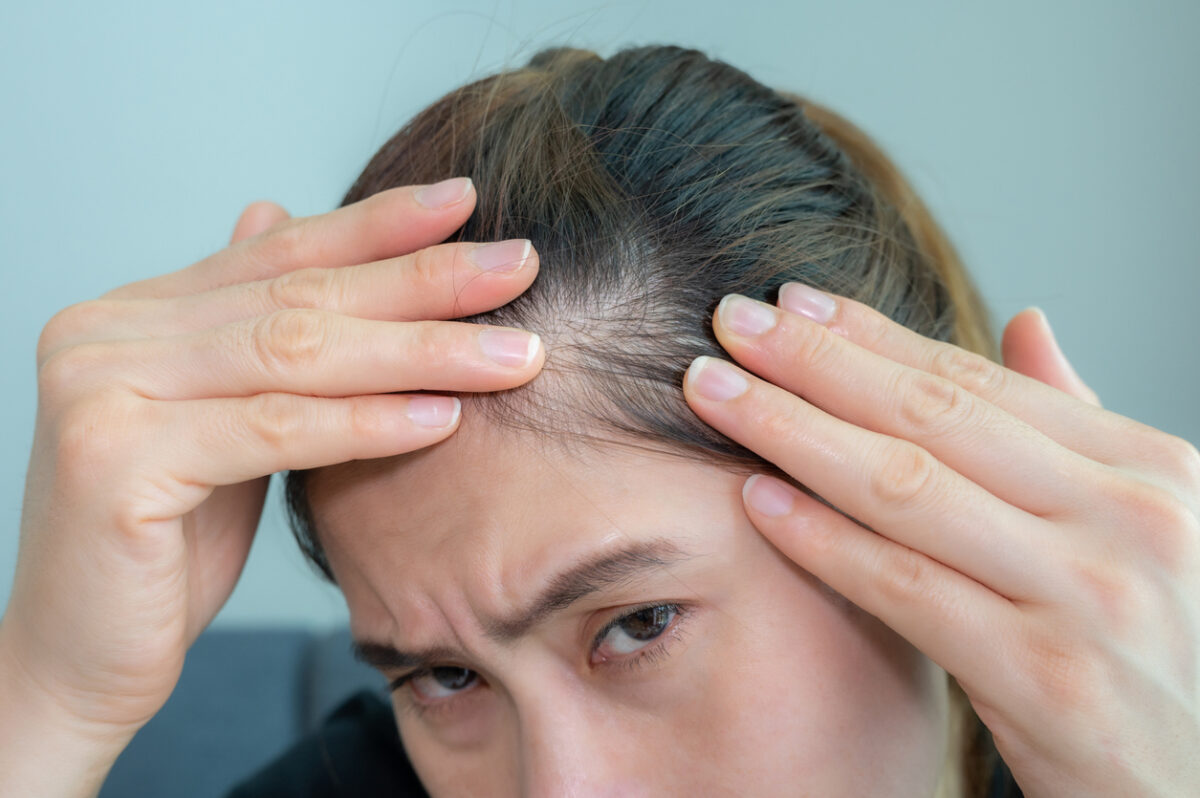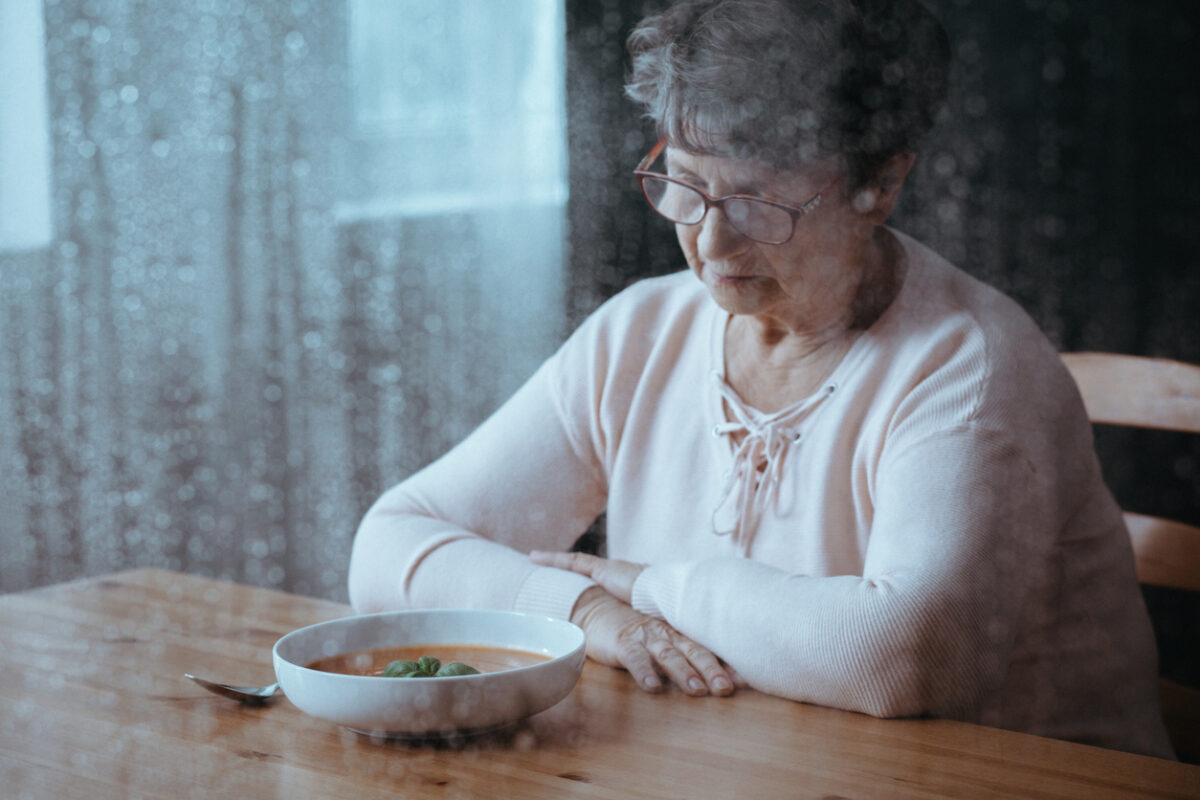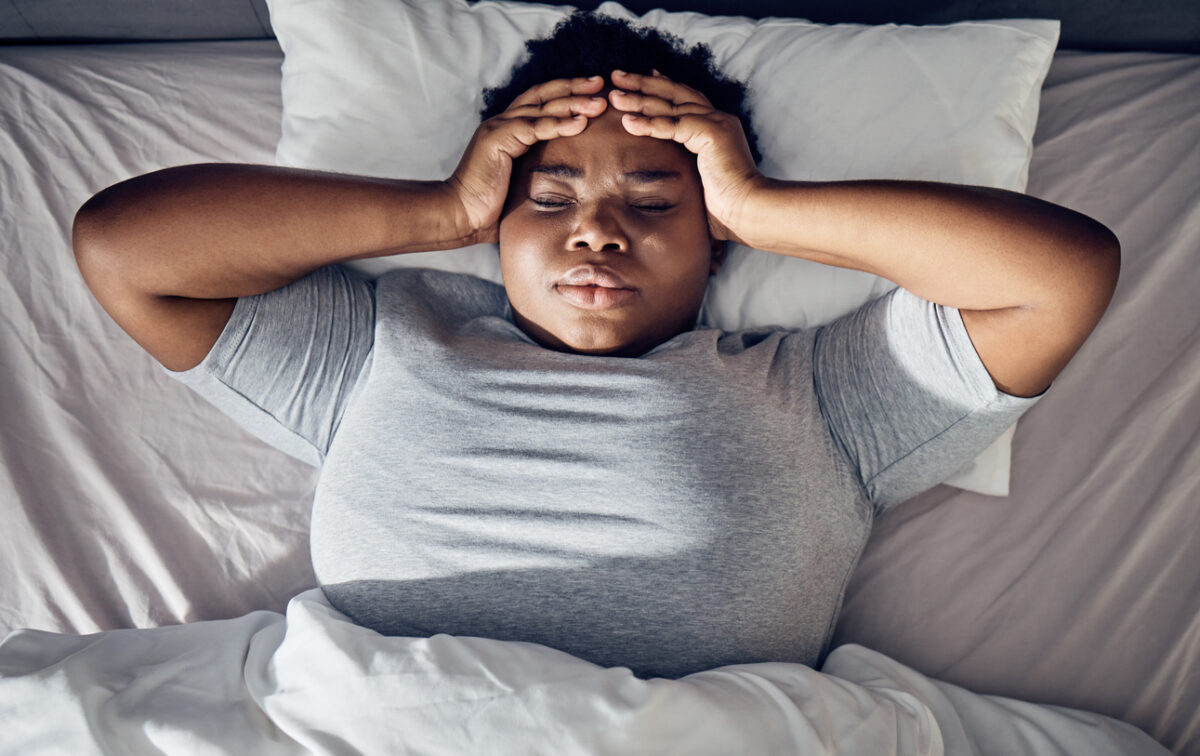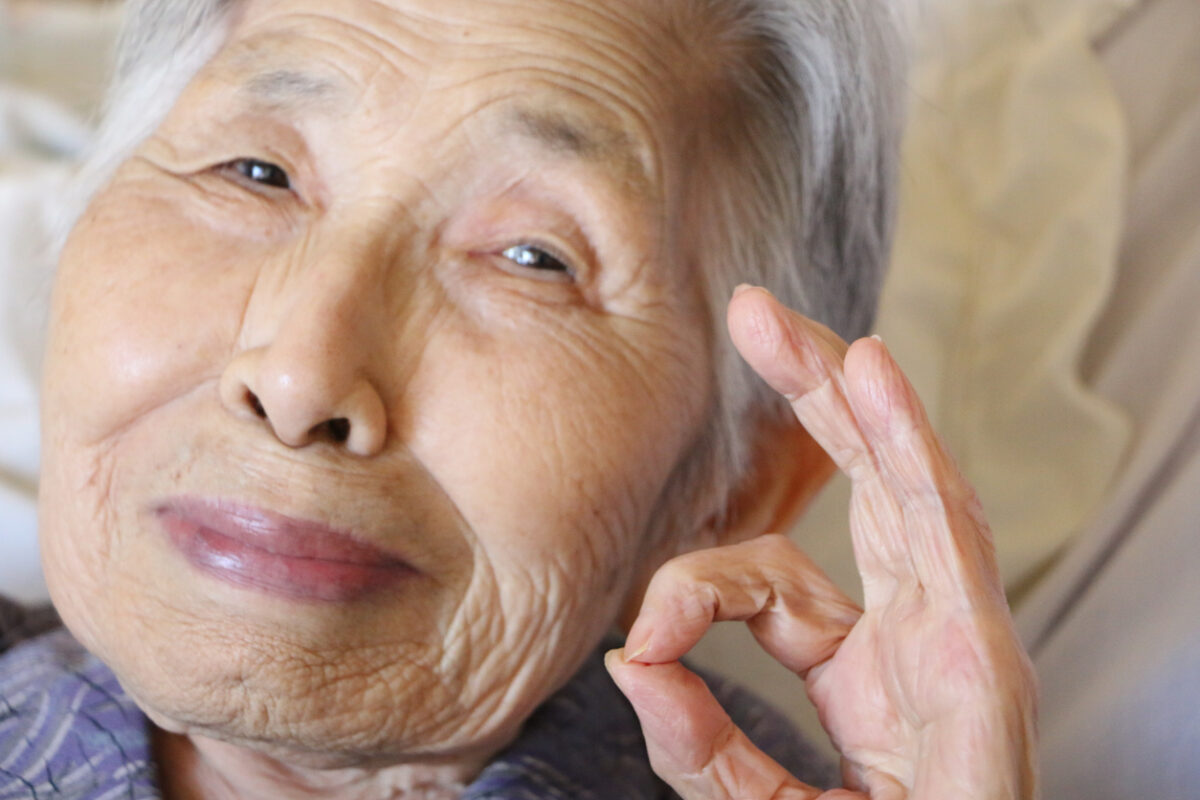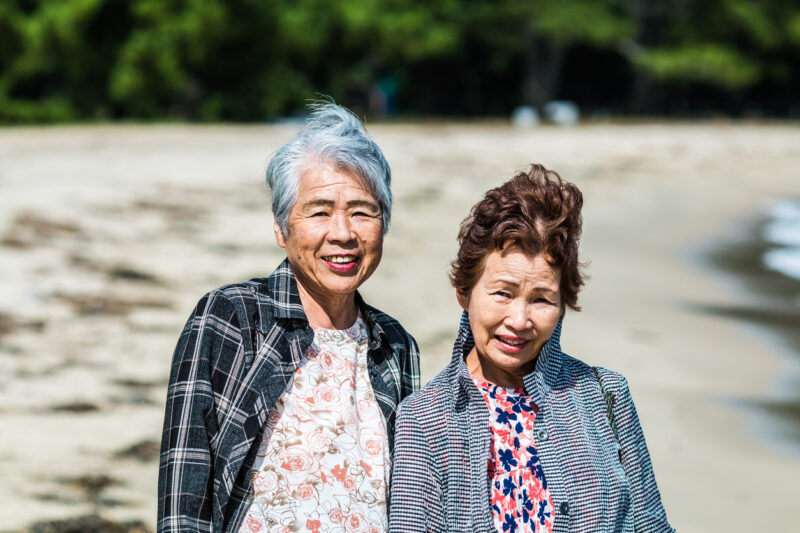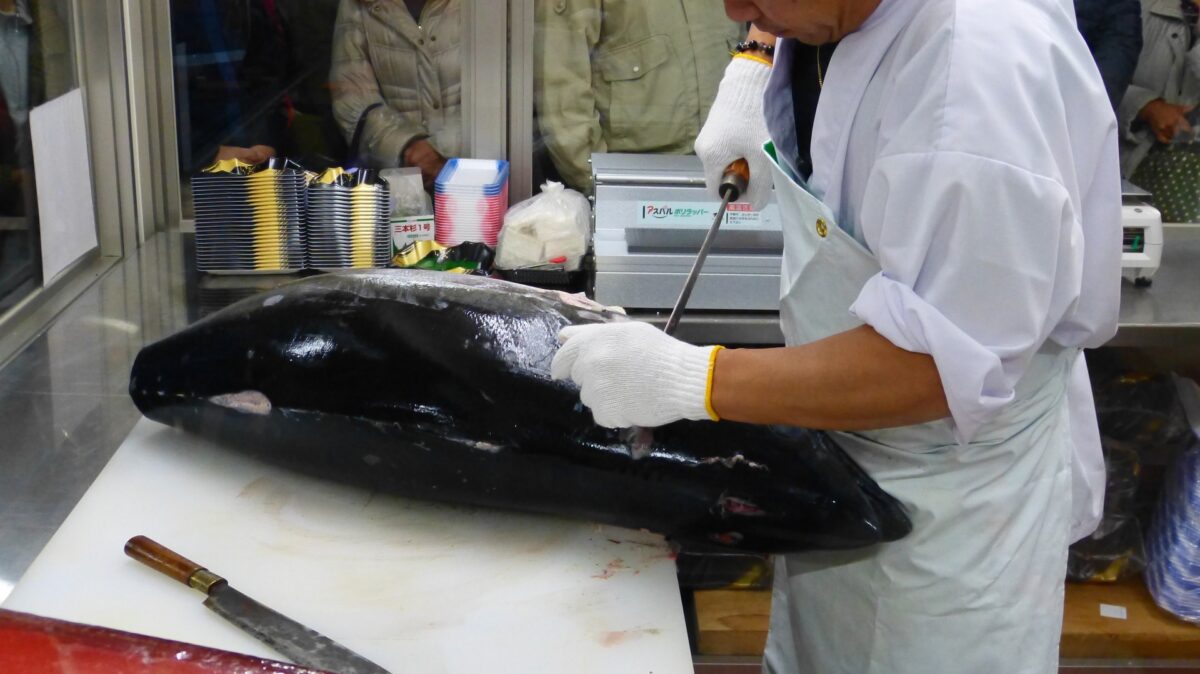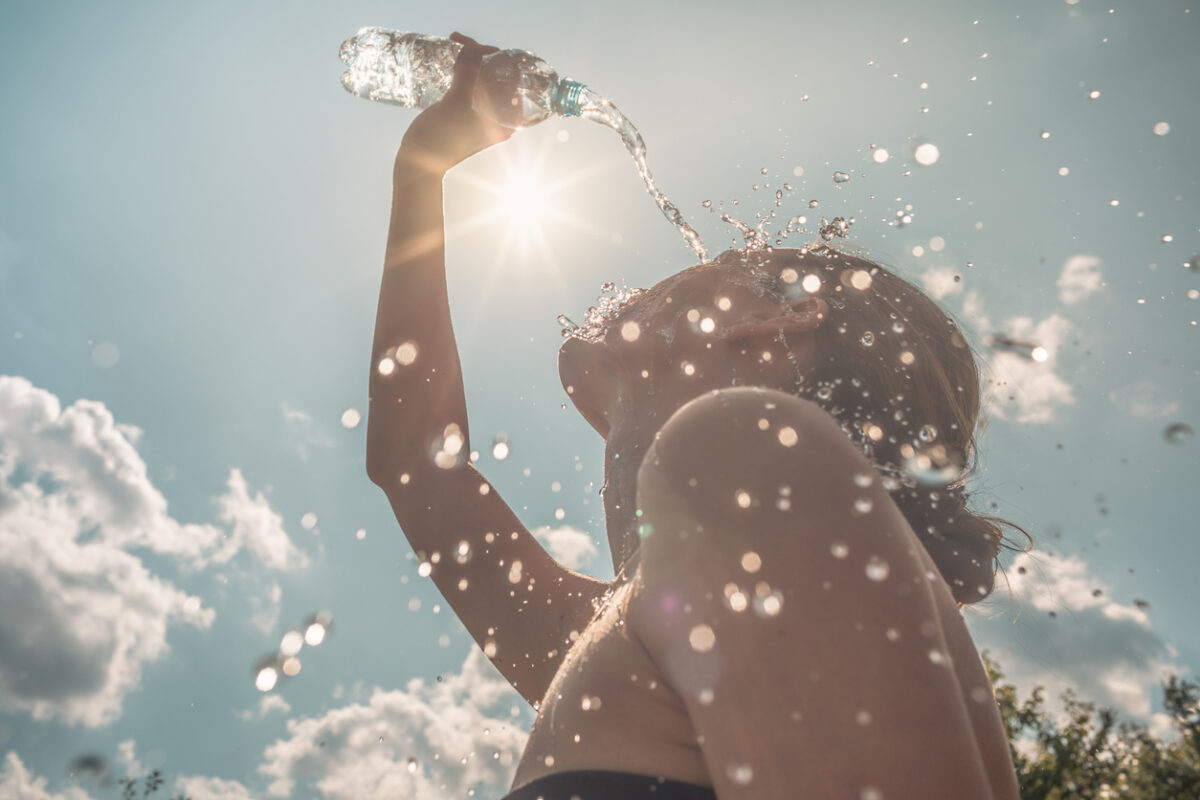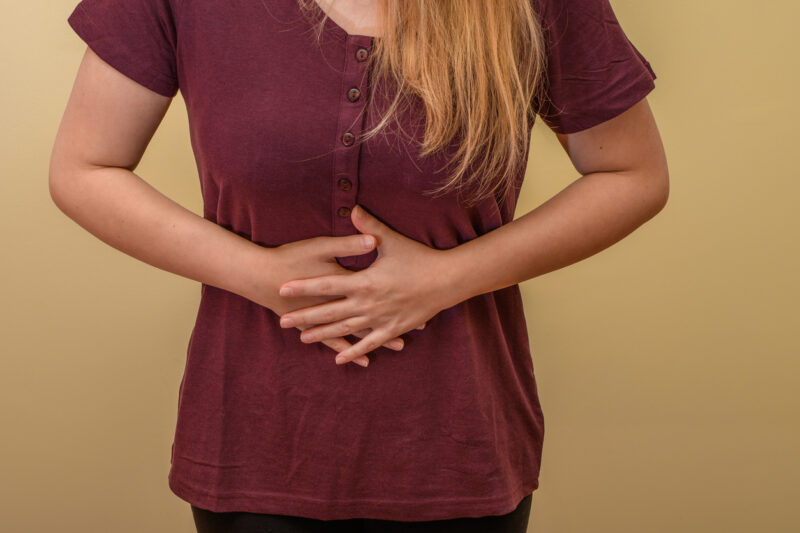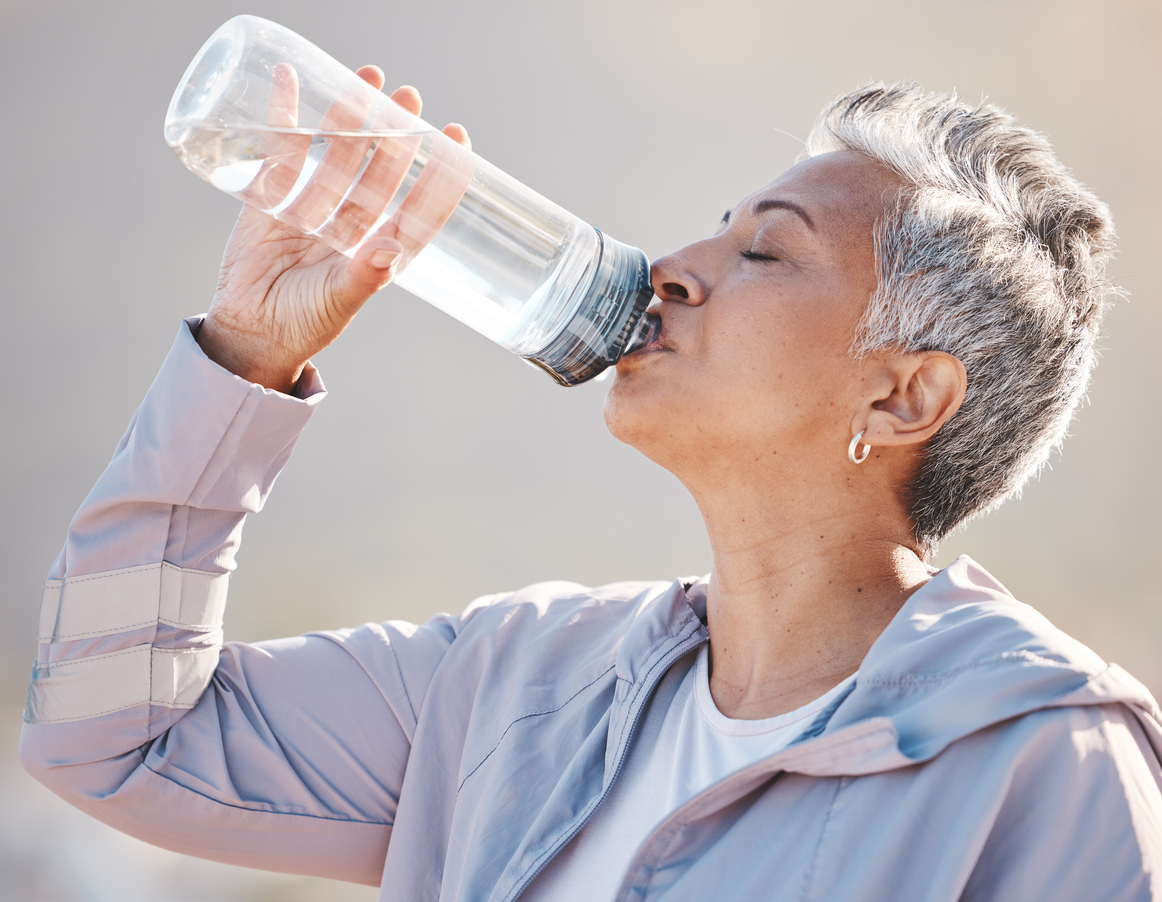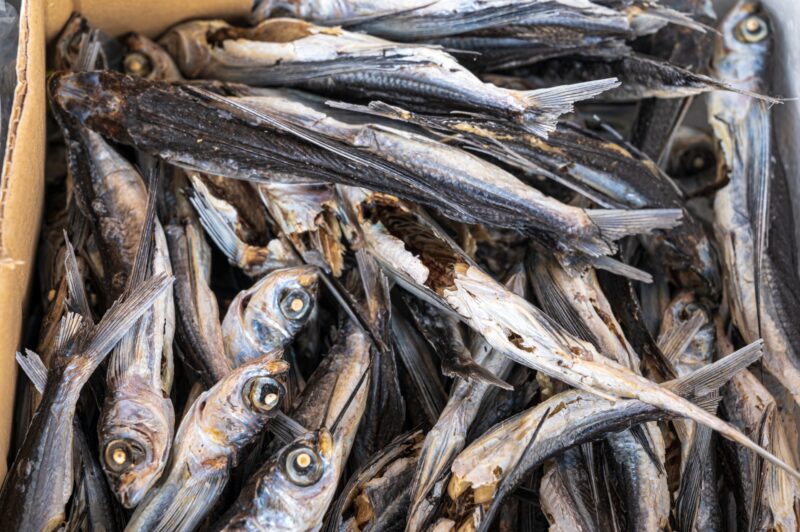Introduction to Female Hair Loss Due To Hormonal Imbalance
Female hair loss due to hormonal imbalance is a common yet often misunderstood issue. Hormonal changes can significantly impact hair health, leading to thinning and loss. Understanding this connection is crucial for effective management and treatment. This article explores the causes, symptoms, and treatments of hair loss related to hormonal imbalances in women.
Understanding Hormonal Imbalance
Hormones play a vital role in regulating various bodily functions, including hair growth. An imbalance in hormones, such as estrogen, progesterone, and androgens, can disrupt the normal hair growth cycle. Conditions like polycystic ovary syndrome (PCOS), thyroid disorders, and menopause can lead to significant hormonal fluctuations, resulting in hair loss. These imbalances can trigger a shift from the growth phase to the resting phase of the hair cycle, causing increased shedding and thinning.
The Prevalence of Hair Loss due to hormonal imbalance in Women
Hair loss in women is more common than many realize. Studies show that nearly 40% of women experience visible hair loss by age 40, with hormonal imbalances being a primary cause. Unlike male pattern baldness, female hair loss often presents as overall thinning rather than distinct bald spots. This diffuse thinning can be particularly distressing, impacting self-esteem and emotional well-being. Recognizing the signs early and understanding the underlying hormonal causes are essential for effective treatment.
Goals of This Article
This article aims to provide a comprehensive overview of female hair loss due to hormonal imbalance. We will delve into common hormonal conditions that lead to hair loss, identify early symptoms, and discuss the impact of menopause on hair health. Additionally, we will explore various treatments, including medical interventions, lifestyle changes, and natural remedies, to help manage and mitigate hair loss. Finally, we will provide guidance on when to seek professional help for hair loss concerns.
By understanding the connection between hormonal imbalances and hair loss, women can take proactive steps to address this issue and improve their hair health. Whether through medical treatments or lifestyle adjustments, there are effective strategies to manage hair loss and maintain healthy hair.
Common Hormonal Imbalances Leading to Hair Loss
Female hair loss due to hormonal imbalance is often linked to specific conditions that disrupt the normal hormonal environment. Understanding these common imbalances can help in identifying and addressing the root causes of hair loss.
Polycystic Ovary Syndrome (PCOS)
PCOS is a prevalent condition among women of reproductive age that causes hormonal imbalances. It is characterized by elevated levels of androgens, male hormones that are present in small amounts in women. High androgen levels can lead to hair thinning on the scalp and excessive hair growth on the face and body. Women with PCOS often experience irregular menstrual cycles, weight gain, and acne, alongside hair loss. Managing PCOS through medication, lifestyle changes, and dietary adjustments can help regulate hormone levels and reduce hair loss.
Thyroid Disorders
Thyroid hormones are critical for regulating metabolism, and imbalances can significantly affect hair health. Hypothyroidism (underactive thyroid) and hyperthyroidism (overactive thyroid) can both lead to hair loss. Hypothyroidism often causes hair to become dry and brittle, leading to breakage and thinning. Hyperthyroidism, on the other hand, can accelerate the hair growth cycle, causing hair to fall out prematurely. Proper diagnosis and treatment of thyroid disorders are essential for restoring hormonal balance and preventing further hair loss.
Menopause
Menopause is a natural phase in a woman’s life marked by a significant drop in estrogen and progesterone levels. This hormonal shift can lead to hair thinning and loss, as estrogen and progesterone help maintain hair growth. During menopause, the balance between androgens and estrogens shifts, sometimes leading to androgenic alopecia, a condition characterized by thinning hair along the top of the head. Hormone replacement therapy (HRT) and other treatments can help mitigate these effects and support hair health during menopause.
Conclusion
Female hair loss due to hormonal imbalance is commonly associated with conditions like PCOS, thyroid disorders, and menopause. Understanding these conditions and their impact on hormone levels can help in identifying the cause of hair loss and seeking appropriate treatment. By addressing the underlying hormonal imbalances, women can take steps to improve their hair health and reduce the impact of hair loss. Effective management of these conditions often involves a combination of medical treatments and lifestyle changes.
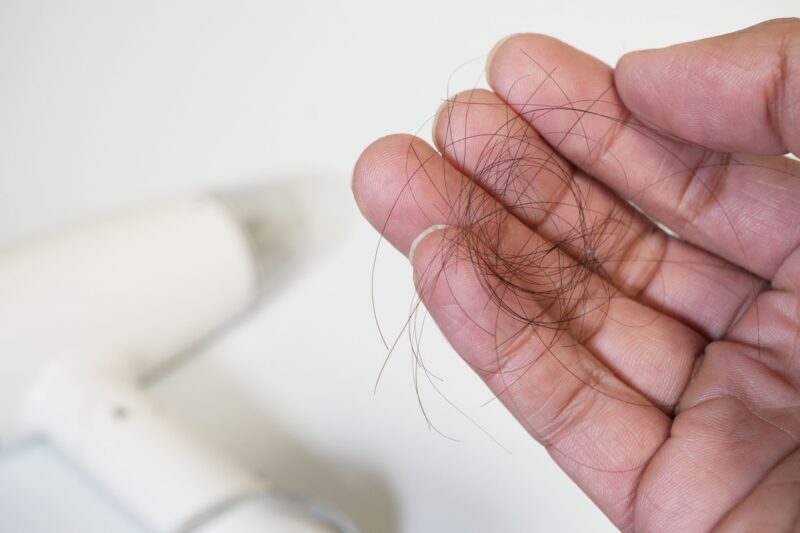
Symptoms and Early Signs of Hormonal Hair Loss in Women
Recognizing the symptoms and early signs of female hair loss due to hormonal imbalance is crucial for timely intervention. Identifying these signs early can help manage hair loss more effectively and prevent further progression.
Thinning Hair
One of the most common early signs of hormonal hair loss is thinning hair. Women may notice a gradual reduction in hair density, especially at the crown and along the parting line. Unlike male pattern baldness, which often results in distinct bald patches, female hair loss due to hormonal imbalance usually manifests as diffuse thinning. This overall reduction in hair volume can make the scalp more visible, particularly in bright light or under certain hairstyles.
Increased Hair Shedding
Another early indicator of hormonal hair loss is an increase in daily hair shedding. While it is normal to lose between 50 to 100 hairs per day, women experiencing hormonal imbalances may notice significantly more hair falling out during brushing, washing, or even resting. This excessive shedding can lead to noticeable hair thinning over time. Keeping track of hair loss patterns can help determine if the shedding is within the normal range or indicative of a hormonal issue.
Changes in Hair Texture
Hormonal imbalances can also cause noticeable changes in hair texture. Women may find their hair becoming finer, more brittle, or more prone to breakage. These changes are often due to hormonal shifts affecting the hair growth cycle and the overall health of the hair shaft. Brittle hair that breaks easily can exacerbate the appearance of thinning and contribute to overall hair loss.
Other Associated Symptoms
Hormonal hair loss is often accompanied by other symptoms related to the underlying hormonal imbalance. For instance, women with PCOS may experience irregular menstrual cycles, acne, and weight gain alongside hair loss. Those with thyroid disorders might notice fatigue, weight changes, and skin issues. Recognizing these associated symptoms can help in diagnosing the root cause of hair loss and implementing appropriate treatments.
Conclusion
Identifying the symptoms and early signs of female hair loss due to hormonal imbalance is essential for effective management. Thinning hair, increased shedding, and changes in hair texture are key indicators. Additionally, being aware of other associated symptoms can provide clues to the underlying hormonal issues. Early detection and intervention can significantly improve outcomes and help women maintain healthy hair.
Impact of Menopause on Hair Health
Menopause brings significant hormonal changes that can adversely affect hair health. Understanding how menopause impacts hair can help women manage and mitigate hair loss during this stage of life.
Hormonal Changes During Menopause
During menopause, the body experiences a significant decline in estrogen and progesterone levels. These hormones play a crucial role in maintaining the hair growth cycle. Estrogen helps keep hair in the growth phase for a longer period, promoting thickness and density. When estrogen levels drop, hair may enter the resting phase more quickly, leading to increased shedding and thinning. Additionally, the balance between estrogen and androgens (male hormones) shifts, which can lead to androgenic alopecia. This condition is characterized by thinning hair along the top of the head and can be distressing for many women.
Physical and Emotional Effects
The physical effects of menopause on hair health are often accompanied by emotional and psychological challenges. Hair thinning and loss can impact self-esteem and confidence, contributing to feelings of frustration and anxiety. The stress associated with these changes can further exacerbate hair loss, creating a vicious cycle. Moreover, the physical symptoms of menopause, such as hot flashes, night sweats, and sleep disturbances, can also indirectly affect hair health by impacting overall well-being and stress levels.
Managing Menopausal Hair Loss
Managing female hair loss due to hormonal imbalance during menopause involves a combination of medical and lifestyle approaches. Hormone replacement therapy (HRT) is one option that can help balance hormone levels and reduce hair loss. However, HRT is not suitable for everyone and should be discussed with a healthcare provider. Topical treatments, such as minoxidil, can promote hair growth and are often recommended for menopausal hair loss. Additionally, maintaining a healthy diet rich in vitamins and minerals, particularly those that support hair health like biotin and vitamin D, can help strengthen hair. Stress management techniques, such as yoga, meditation, and regular exercise, are also beneficial for overall well-being and hair health.
Conclusion
Menopause can significantly impact hair health due to the decline in estrogen and progesterone levels. Understanding these hormonal changes and their effects on hair can help women take proactive steps to manage hair loss. Combining medical treatments with lifestyle adjustments can improve hair health and help women navigate the challenges of menopausal hair loss more effectively. By addressing both the physical and emotional aspects, women can maintain healthier hair and better overall well-being during menopause.
Lifestyle Changes
Lifestyle changes play a crucial role in managing hormonal hair loss. A balanced diet rich in vitamins, minerals, and proteins is essential for healthy hair. Including foods like leafy greens, nuts, seeds, and lean proteins can provide the necessary nutrients to support hair growth. Regular physical activity helps regulate hormones and reduce stress, which can otherwise exacerbate hair loss. Additionally, stress management techniques such as yoga, meditation, and mindfulness can improve overall well-being and promote healthier hair.
Conclusion
Effective treatments for female hair loss due to hormonal imbalance include a combination of medical interventions, natural remedies, and lifestyle changes. By addressing the underlying hormonal issues and supporting hair health through a holistic approach, women can manage hair loss more effectively. Consulting with a healthcare provider to develop a personalized treatment plan is crucial for achieving the best results. Through these strategies, women can improve their hair health and regain confidence.
When to Seek Professional Help for Hair Loss
Recognizing when to seek professional help for female hair loss due to hormonal imbalance is crucial for timely and effective treatment. Here, we outline key indicators that warrant a consultation with a healthcare provider.
Persistent and Severe Hair Loss
If hair loss is persistent and severe, it’s essential to seek professional help. Losing more than 100 hairs per day or noticing significant thinning over a short period could indicate a deeper underlying issue. A healthcare provider can conduct a thorough examination, including blood tests, to identify hormonal imbalances or other medical conditions contributing to hair loss. Early intervention can prevent further hair loss and improve treatment outcomes.
Accompanying Symptoms
When hair loss is accompanied by other symptoms, it is a clear signal to consult a healthcare provider. Symptoms such as fatigue, weight changes, irregular menstrual cycles, or skin issues can indicate a hormonal imbalance or other medical conditions. For instance, thyroid disorders and PCOS often present with multiple symptoms alongside hair loss. Addressing the root cause through professional evaluation and treatment can alleviate these symptoms and reduce hair loss.
Ineffective Over-the-Counter Treatments
If over-the-counter treatments and lifestyle changes do not yield significant improvements, it’s time to seek professional advice. Sometimes, hair loss due to hormonal imbalance requires prescription medications or specialized treatments that are not available over the counter. A healthcare provider can recommend appropriate treatments such as hormone replacement therapy, prescription-strength topical solutions, or anti-androgen medications tailored to the individual’s specific needs.
Psychological Impact
Hair loss can have a profound psychological impact, leading to decreased self-esteem and emotional distress. If hair loss is affecting your mental health and daily life, seeking professional help is crucial. A healthcare provider can offer support and recommend counseling or therapy if needed. Addressing the emotional aspect of hair loss is as important as treating the physical symptoms, ensuring a holistic approach to well-being.
Conclusion
Knowing when to seek professional help for female hair loss due to hormonal imbalance is vital for effective management and treatment. Persistent and severe hair loss, accompanying symptoms, ineffective over-the-counter treatments, and psychological impact are key indicators that warrant a consultation with a healthcare provider. Early intervention and professional guidance can help identify the underlying causes and provide appropriate treatments, improving hair health and overall well-being.
Summary
Female hair loss due to hormonal imbalance is a common issue affecting many women at various life stages. Understanding the connection between hormonal changes and hair loss is crucial for effective management. Key hormonal imbalances such as PCOS, thyroid disorders, and menopause can lead to significant hair thinning and shedding. Recognizing early symptoms, such as increased shedding and changes in hair texture, allows for timely intervention. Effective treatments include medical options like hormone replacement therapy and minoxidil, natural remedies, and lifestyle adjustments. If hair loss persists, is accompanied by other symptoms, or affects mental health, seeking professional help is essential. Early intervention can improve outcomes and support overall well-being.
A natural way to prevent hair fall through hormone balancement
Juveriente®’s Effisoy, launched in 2016, based on fermented soy bean germ extract has been loved as a natural menopause relief since its launching in 2016.
Its primary function is to boost the weakened synthesis of a hormone precursor, DHEA. It’s safe as it only heals the natural synthesis function. The hormone boost doesn’t provide the only relief from menopausal symptoms. But, it also supports various aging issues and increases metabolism, which leads to weight loss.
Here are some of the real product reviews in our Amazon shop.
“Restful sleep finally!!”, “I Am Now Free of Hot Flashes!!”, “Lifesaver”